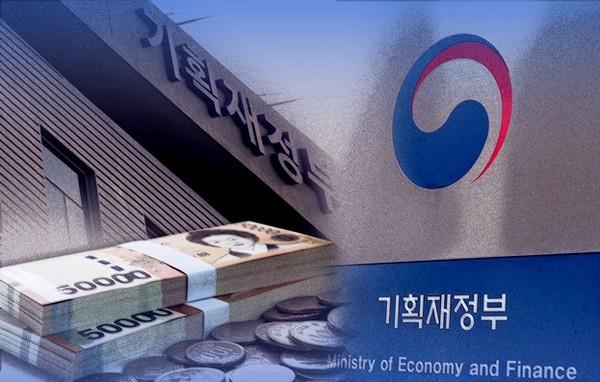South Korea's Fiscal Health Under Scrutiny as Deficit Hits 75.7 Trillion Won
The fiscal deficit in South Korea has reached a staggering 75.7 trillion won from January to October this year, marking a significant increase of 23.5 trillion won compared to the same period last year. This surge in the deficit has raised serious concerns about the country's fiscal health and economic stability.

According to the "December Fiscal Trends" report released by the Ministry of Economy and Finance on Dec. 12, total revenue for the period was recorded at 481.5 trillion won, an increase of 6.2 trillion won from the same period last year. However, the national tax revenue amounted to 293.6 trillion won, a decrease of 11.7 trillion won compared to the same period last year. The most substantial decline was observed in corporate tax revenue, which fell by 17.9 trillion won. In contrast, income tax and value-added tax saw increases of 200 billion won and 6.1 trillion won, respectively.
Fund revenue also showed an upward trend, amounting to 180.09 trillion won, an increase of 3.6 trillion won from the same period last year. A ministry official explained, "Fund revenue in October increased by 4.8 trillion won compared to the same month last year, due to overseas investment gains by the National Pension Service."
Despite these increases, the rise in total expenditure by 26.3 trillion won compared to the same period last year has exacerbated the deficit in the managed fiscal balance, which reflects the actual state of national finances. The progress rates for national tax revenue and total revenue were 79.9% and 81.5%, respectively, while the progress rate for total expenditure was 80.6%.









Comments